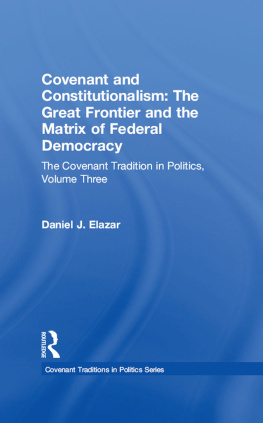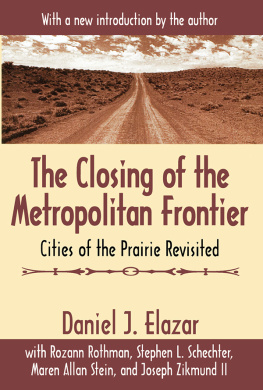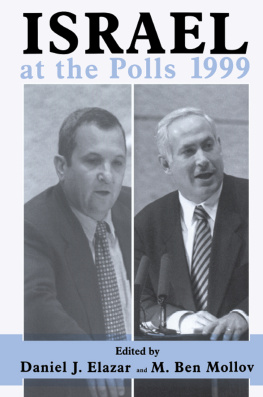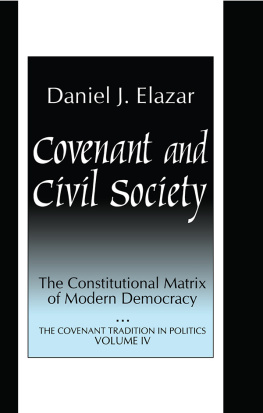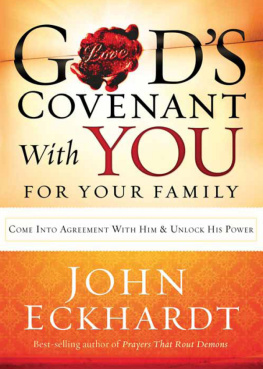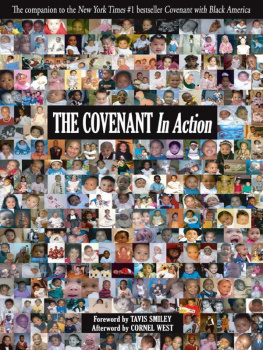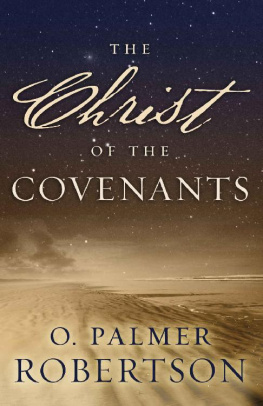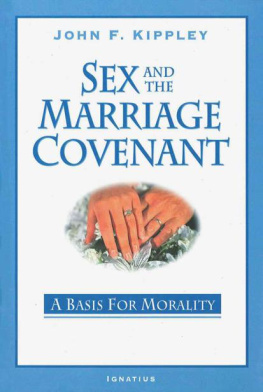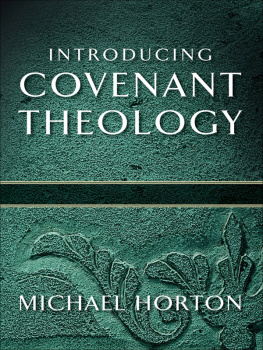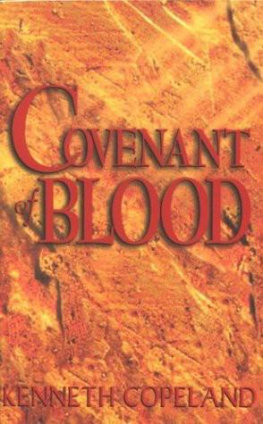COVENANT AND CONSTITUTIONALISM
The Covenant Tradition in Politics
Daniel J. Elazar
Volume I | Covenant and Polity in Biblical Israel: Biblical Foundations and Jewish Expressions |
Volume II | Covenant and Commonwealth: From Christian Separation through the Protestant Reformation |
Volume III | Covenant and Constitutionalism: The Great Frontier and the Matrix of Democracy |
Volume IV | Covenant and Civil Society: The Constitutional Matrix of Modern Democracy |
COVENANT AND CONSTITUTIONALISM: THE GREAT FRONTIER AND THE MATRIX OF FEDERAL DEMOCRACY
Volume Three
The Covenant Tradition in Politics
Daniel J. Elazar
First published 1998 by Transaction Publishers
Published 2017 by Routledge
2 Park Square, Milton Park, Abingdon, Oxon OX14 4RN
711 Third Avenue, New York, NY 10017, USA
Routledge is an imprint of the Taylor & Francis Group, an informa business
Copyright 1998 by Taylor & Francis.
All rights reserved. No part of this book may be reprinted or reproduced or utilised in any form or by any electronic, mechanical, or other means, now known or hereafter invented, including photocopying and recording, or in any information storage or retrieval system, without permission in writing from the publishers.
Notice:
Product or corporate names may be trademarks or registered trademarks, and are used only for identification and explanation without intent to infringe.
Library of Congress Catalog Number: 96-52654
Library of Congress Cataloging-in-Publication Data
Elazar, Daniel Judah.
Covenant and constitutionalism : the great frontier and the matrix of federal democracy / Daniel J. Elazar.
p. cm. (The convenant tradition in politics ; v. 3)
Includes bibliographical references and index.
ISBN 1-56000-235-2 (alk. paper)
1. United StatesPolitics and government. 2. Constitutional history United States. 3. CovenantsPolitical aspectsUnited StatesHistory. I.
Title. II. Series: Elazar, Daniel Judah. Covenant tradition in politics ; v. 3.
BL65.P7E43 1995 vol. 3
320.437dc21
96-52654
CIP
ISBN 13: 978-1-56000-235-2 (hbk)
For David and Ruth Elazar, my dear brother and sister-in-law, who carry on the tradition and work of the Elazar family with love through their special talents and competences. May we continue our partnership for many years.
Prepare your heart to seek the law of the land and to live by it.
John Wayne from the movie Chisholm
Contents
I
To the two great idea complexes of the covenantal political tradition, covenant and commonwealth, the modern epoch added a third, constitutionalism in its modern meaning. Constitutionalism became both operational and decisive in the course of the modern epoch. The ancient biblical idea of covenant had, in due course, given birth to the late medieval Protestant pursuit of commonwealth in a polity constructed on the proper covenantal principles. These principles subsequently were transformed into the foundations of modern civil society that was given its best political form through constitutionalism.
Clearly, the reconstruction of the ideas of medieval constitutionalism along new lines and through new forms of constitutional government was a critical step made possible by the political ideas derived from the covenantal tradition. The emergence of constitutionalism is the jewel in the crown of the new science of politics of the modern epoch. From it came the emergence of civil society as moderns understood it, comprised of governmental, public voluntary (nongovernmental), and private parts, each with its own legitimacy; modern republicanism and democracy, with its republican remedies for republican diseases in place of the premodern mix of monarchic, aristocratic, and popular institutions to provide balance; and federalism, with its combination of self-rule and shared rule involving the separation of arenas and powers. All were rooted in earlier ideas of covenant and the covenanted commonwealth. The way in which those ideas were transformed by modernity is the subject of this book.
II
Once again, I wish to express my deepest thanks to the Earhart Foundation of Ann Arbor, Michigan, its president, David Kennedy, its secretary and director of program, Dr. Antony T. Sullivan, and its former president, Richard Ware, for the very tangible encouragement and assistance they have provided me over the years of this effort, and the understanding that accompanied it. I owe a great debt of gratitude to Liberty Fund of Indianapolis, Indiana for affording me the opportunity to explore many of the themes and issues treated in this volume with colleagues and friends over nearly twenty years. Deepest thanks, too, to the institutions with which I have been associated and their staffs, who have been enormously helpful: the Center for the Study of Federalism at Temple University in Philadelphia, Pennsylvania; the Jerusalem Center for Public Affairs in Jerusalem, Israel; the Department of Political Studies at Bar-Ilan University in Ramat Gan, Israel. All three have also provided support for this project: the Jerusalem Center through the Milken Library of Public Affairs, and the Bar-Ilan Department of Political Studies through the Senator Norman M. Paterson Chair in Intergovernmental Relations. They have my deepest gratitude. Thanks also to the Milken Family Foundation for their support of the publication of this book through the Jerusalem Center.
I would like to especially thank Mark Ami-El, publications coordinator of the Jerusalem Center for his vital role in bringing this book to publication, and Deborah Gerber and my other research assistants in both the Philadelphia and Jerusalem centers for their contribution to its final preparation. The final stages of the research for this volume benefitted from a sabbitical at Harvard University in 19931994, and its Widener Library, one of the major repositories of European and American covenantal materials in the world.
A project of the magnitude of this one requires considerable support from many sources, but no support is more extensive or more critical than that provided by ones own family. My wife Harriet and my children were everything that one could possibly expect in this connection and even more, making it possible for me to live and work in a way most conducive to beginning this undertaking, staying with it, and finally bringing it to a proper conclusion. My love for them is inexpressible as is my gratitude.
D.J.E.
Philadelphia, PA
(in the shadow of Independence Hall)
October 1996
The New World Experience
What we can learn from history is that great transformations rest on the combination of great ideas, great movements, and great actions, and occur when all three come together. Thus at the very beginning of the history of covenant there was the great idea of biblical covenantal monotheism whereby humans were envisaged as entering into morally grounded pacts with God out of which came, inter alia, the covenant with Noah binding all of humanity and that with the people Israel formed through the Exodus from Egypt and the Sinai experience. In the sixteenth century Protestant Reformation, a new theology of covenant gave rise to Reformed Protestantism and the theo-political transformation that followed in countries such as Switzerland, the Netherlands, Scotland, and England.

